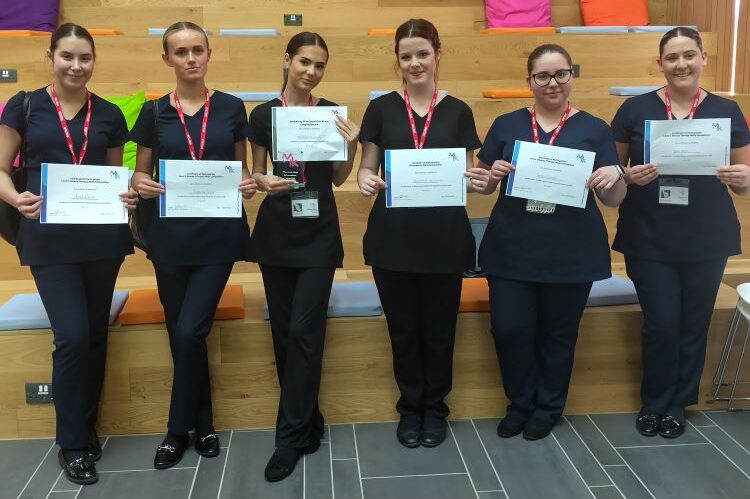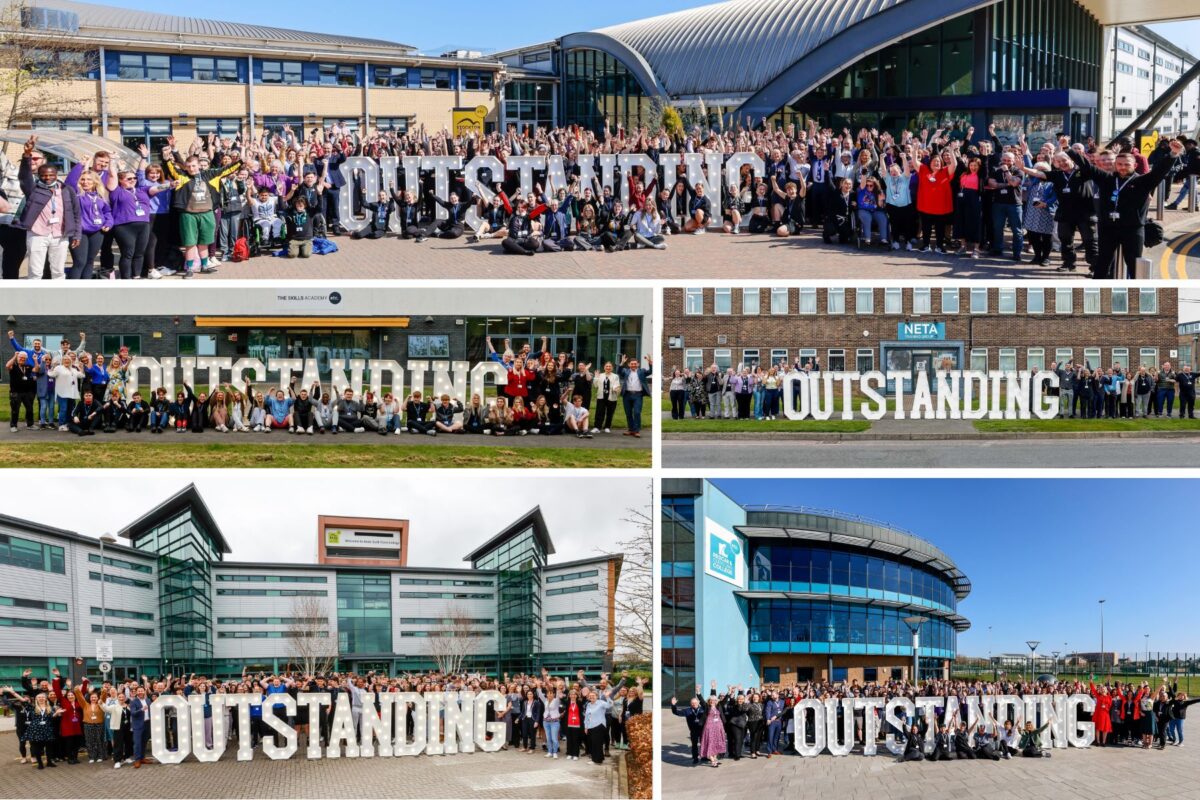FE + Skills Collective Reflections from the Edge Foundation

If FE is considered the Cinderella sector, the FE + Skills Collective was the chance for her to go to the ball. A joint venture by FE News and the Education & Training Foundation, with Edge as media sponsor, the Collective was pitched as an “unconference”, bringing together key figures from the world of FE and Skills to mull over this year’s theme, “Bridging Policy and Pedagogy: Preparing Educators and Leaders for a Stronger Skills System”, and think differently about the challenges facing the sector. This was a chance to get to grips with some of the big questions impacting the sector and, crucially, think about how to create policy solutions from the ground up. Here we explore the key themes of the day.
Solutions-focused
The state of Further Education in England is far from perfect. One panelist, Yusuf Ibrahim from Cardiff and Vale College, likened it to a “derelict house” not just in need of a lick of paint, but structural repairs too. Funding (private and public, capital and resource), recruitment, student support – all will need to be addressed.
But this wasn’t a good old British moan-fest – delegates were eager to get things done. As Kate Shoesmith, Deputy CEO of REC, put it; “If you’re going to complain about skills, do something about it!”. And participants took this to heart, thinking of a range of different ways to improve our skills system:
- An Eye on the Future
For those working in FE, the day-to-day struggles can feel insurmountable – there isn’t enough money or staff, and the policy landscape is constantly shifting. We need to be thinking in decades if we are to lead the charge in tackling skills shortages. Some FE colleges are doing this incredibly well – Milton Keynes College’s STEMx initiative with Red Bull aims to inspire the next generation of engineering talent in Formula One. These shortages will not always be easy to predict, but there are essential employability skills (courtesy of NFER) that we can develop now – “evergreen” skills like creativity, critical thinking, teamwork, problem solving and resilience. Underpinning this, we need stable policymaking that learns lessons from the past, looks beyond the five-year parliamentary cycle and enjoys cross-party support – this is a vacuum that Skills England may be able to fill.
2. Skills England: the great coordinator?
Another key theme that emerged was the importance of collaboration at all levels. Locally, Yusuf Ibrahim stressed the need for colleges to be “complementary not competitive”. There is a lot that can be achieved here on a grassroots level through sharing of best practice to avoid duplication and drive efficiency in the system. On a national level, we need better join up too. As Eddie Playfair said, “skills are not things, they’re relational and developed in a context” and, for Ben Blackledge of WorldSkills UK, the Government’s Five Missions provide a clear framework for this. Zooming in on the Opportunity and Growth Missions, Skills England has the capacity to support both. With IfATE’s powers now formally being transferred to Skills England, Jennifer Coupland shared her hopes for what the new body will deliver – systems-thinking, collaboration and quality. However, participants were clear that even the national approach must adapt to local contexts (e.g. T Level industry placements)
3. Empowering educators
Throughout the day, we heard about the powerful impact of our FE educators, from Milton Keynes to Cardiff, sharing best practice and innovative approaches. A common theme was the need to build an evidence base for the FE teaching workforce, a sort of what works centre, to help professionalise the sector. FE is highly-specialised and complex – one of our greatest industrial assets – and should be recognised as such. This was a truly transformative day – no one left that FE Collective without learning something new, a fresh contact on their phone, or a different perspective of FE and Skills (or a new mug or t-shirt!). Many thanks to the brilliant team at FE News and ETF for arranging the event – now let’s get started on making the change
By Olly Newton is Executive Director at the Edge Foundation












Responses